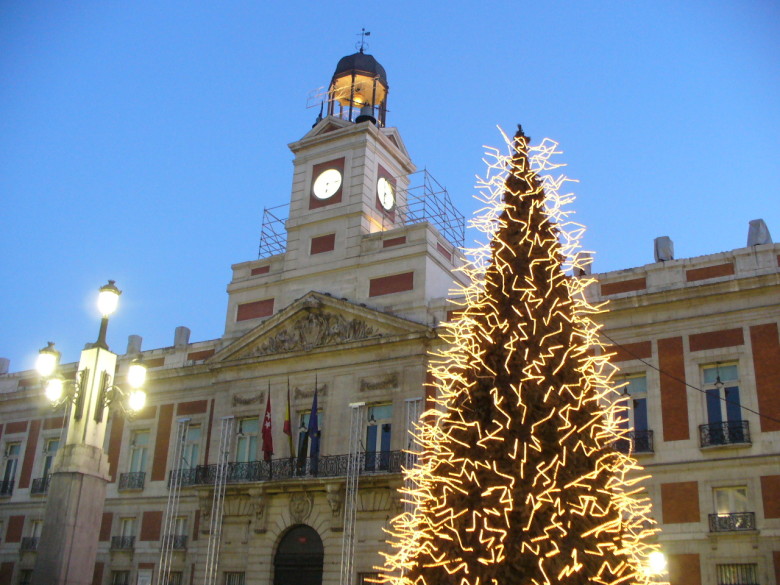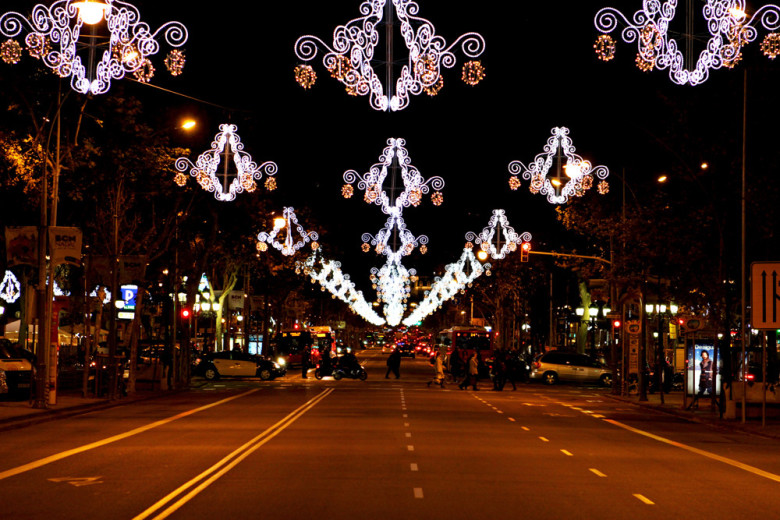As usual, having your holidays in Spain means a lot of fun; mostly sun and great memories of a different Christmas than the one you would have back home. Spanish Christmas traditions may vary slightly according to the places you go, but the overall spirit and celebrations still remain more enjoyable than ever. In this post, we present you some of the main traditions that you should partake in if you decide to spend your Christmas in Spain and want to be part of the local festive spirit.

What could be more traditional than enjoying your Christmas in Spain like the locals do? If you want to get a taste of the local delicacies make sure you try the ‘Pave Trufado de Navidad’ or turkey stuffed with truffles that is traditionally served on Christmas Eve. Most people eat before the Misa De Gallo or Mass of the Rooster and upon the end of service roam out on the streets playing guitar, tambourines, and singing Esta noche es Noche-Buena, which translates to ‘this night is the good night’, celebrating the birth of baby Jesus.
April 1st might be a bit far from this time of year, although if you are a prankster and decide to spend your Christmas in Spain you certainly will not be disappointed. The reason for this? The Día de los santos inocentes on December 28th is similar to the April Fool’s Day, as most people and even media outlets joke, pull pranks, and trick people into believing silly stories. If you manage to trick someone into believing your story, you can call them inocente, which means ‘innocent’.
If you want good luck to follow you during the remainder of the year, then you have to eat twelve grapes with the twelve strokes of the clock at Midnight of Nochevieja or ‘The Old Night’ on New Year’s Eve. Going with the tradition of representing one of the twelve months of the New Year, this is an essential fun custom (unless you buy grapes with seeds of course).
If you decide to spend your Christmas in Spain with family in a traditional way you will have to tell your children to wait a bit more than usual for the gifts as the Spanish hand them on the 6th of January. Children in Spain write letters to the Three Kings on Boxing Day and wait for the 5th of January when tradition has it for them to fill the children’s shoes underneath the Christmas tree with toys and presents. If you happen to spend your Christmas in Canary Islands however, the three kings arrive on the 6th of January by ferry and go around town on camels, handing sweets and presents to the lucky bystanders.
As a last tip, do not forget to try the traditional Christmas cake Roscón served on the day of the Epiphany (6th January), as it tastes delicious and it is a must have for all Spanish households. This cake is usually bought from bakeries and comprises of a doughy base shaped in a ring and often filled with cream or chocolate. Some Roscón include a small gift for the lucky ones to find, so certainly go for it and your children will absolutely love it!








